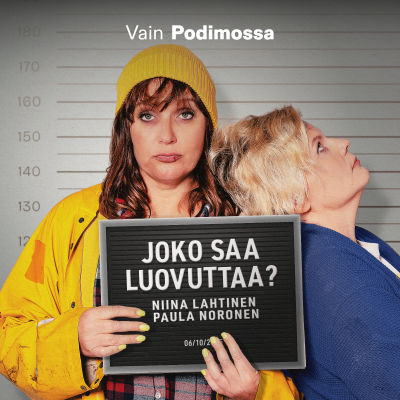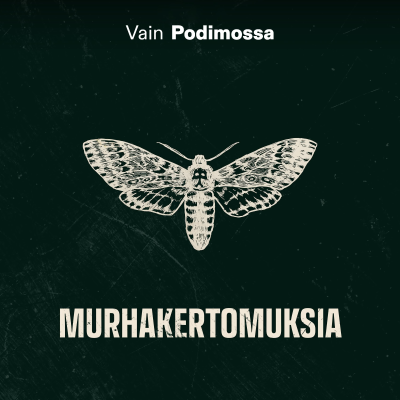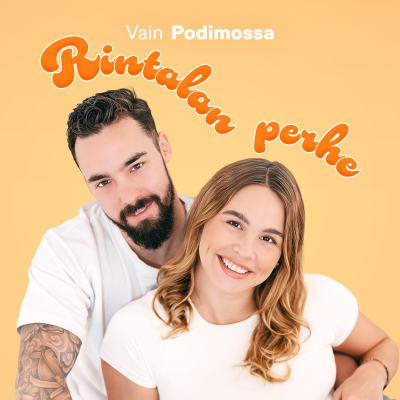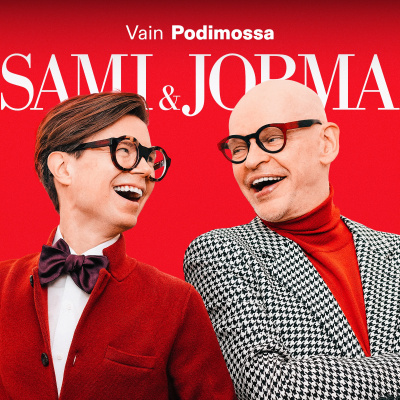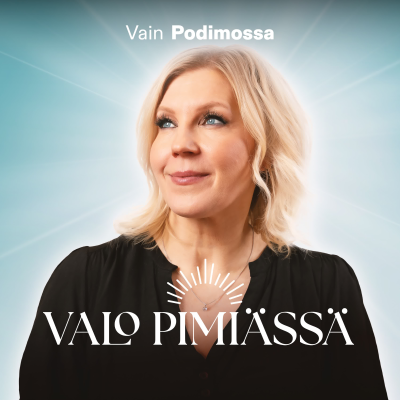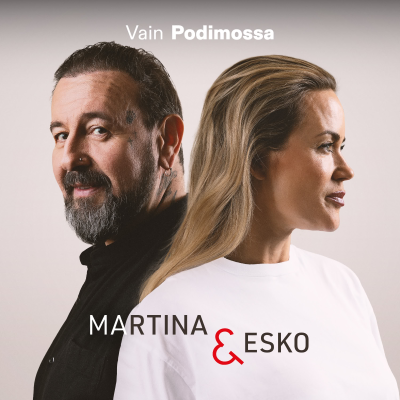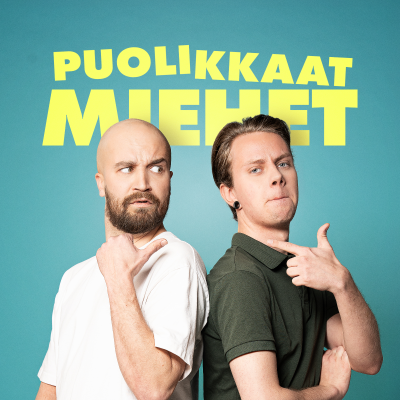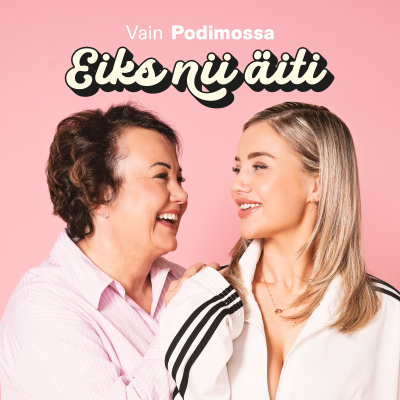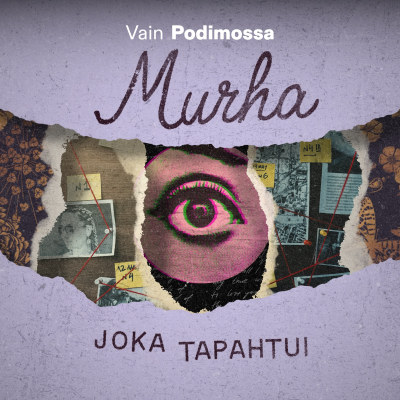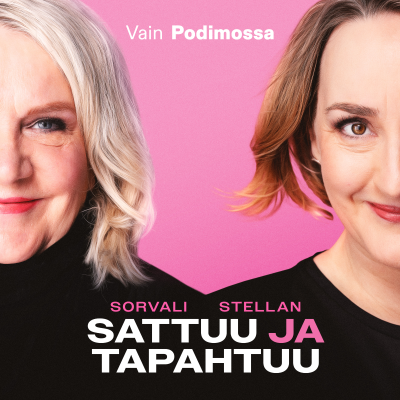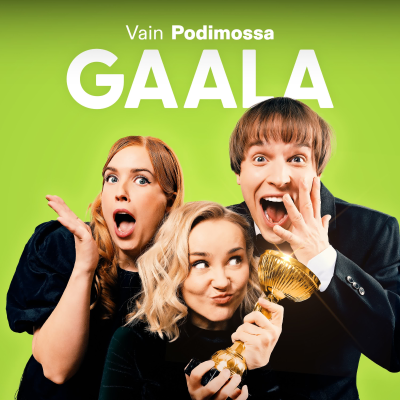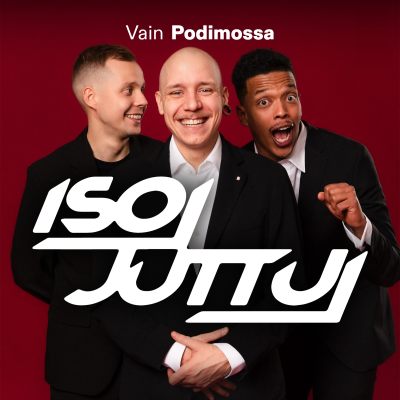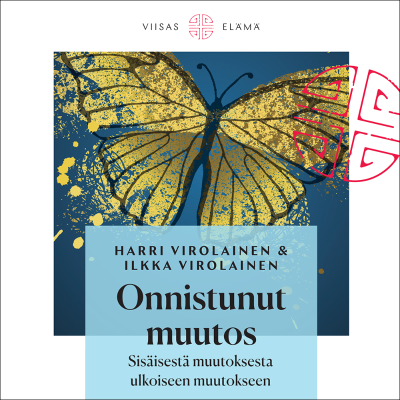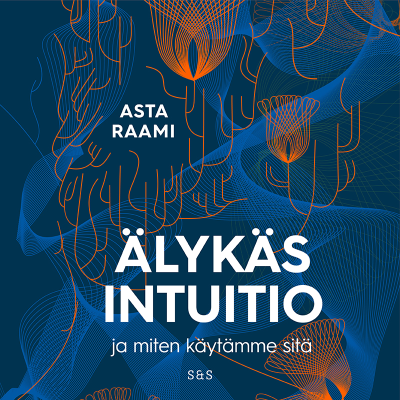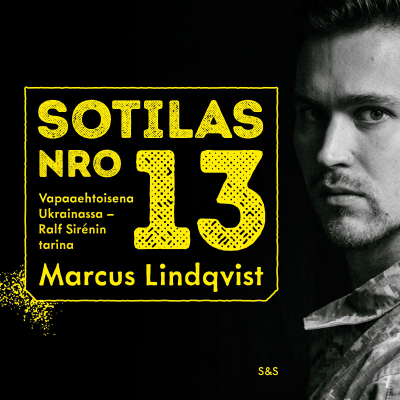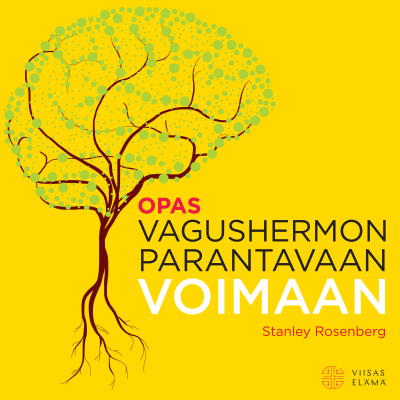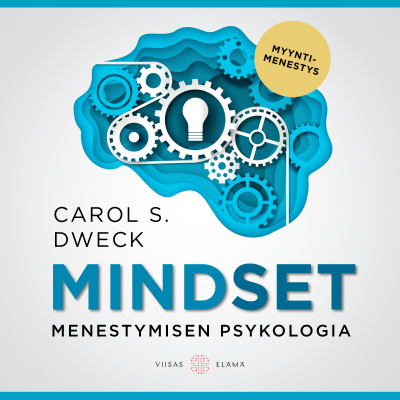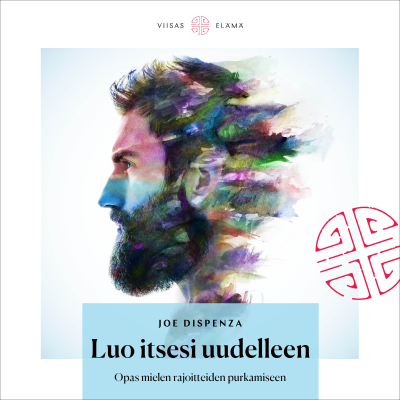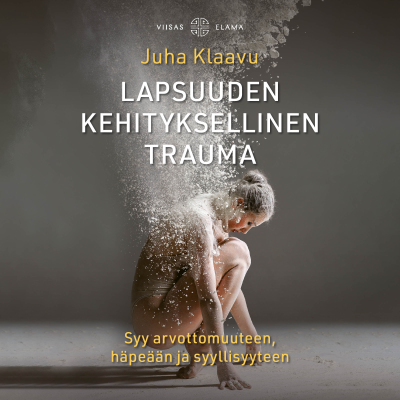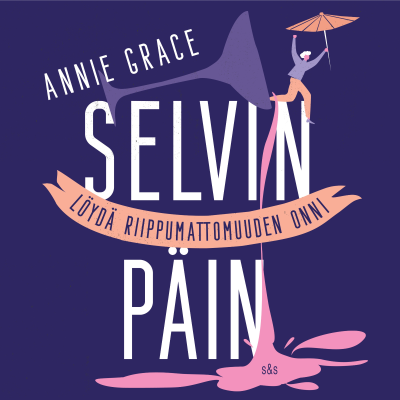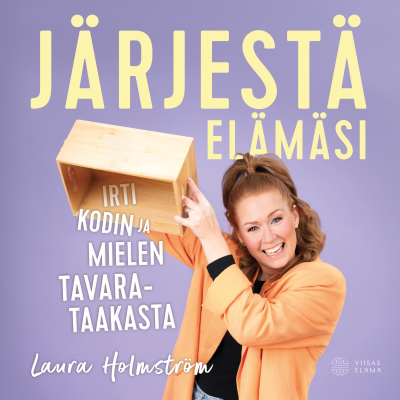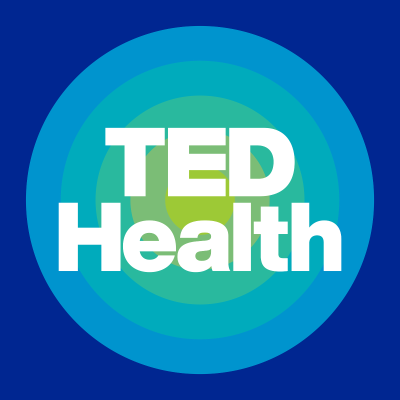
TED Health
englanti
Terveys & hyvinvointi
Rajoitettu tarjous
2 kuukautta hintaan 1 €
Sitten 7,99 € / kuukausiPeru milloin tahansa.
- Podimon podcastit
- Lataa offline-käyttöön
Lisää TED Health
What does exercise do to your brain? Can psychedelics treat depression? From smart daily habits to new medical breakthroughs, welcome to TED Health, with host Dr. Shoshana Ungerleider. TED speakers answer questions you never even knew you had, and share ideas you won't hear anywhere else, all around how we can live healthier lives.Follow Dr. Shoshana Ungerleider on Instagram at @shoshanamd and LinkedIn at @shoshanaungerleidermd Hosted on Acast. See acast.com/privacy for more information.
Kaikki jaksot
480 jaksotThe science of raising kids (Part 1): Are you raising anxious kids? with Lenore Skenazy and Mathilde H. Ross
Whether it’s micromanaging playtime, constantly hovering or incessantly texting, the adult takeover of childhood has created a crisis of anxiety in both children and parents. In this episode, Lenore Skenazy, cofounder and president Let Grow, an organization dedicated to normalizing childhood independence, lays out the unexpected benefits of letting our kids be a bit more “free range.” Then psychologist Mathilde H Ross makes the case on why parents should trust their instinct instead of chasing trends. Talks Featured Why you should spend less time with your kids - Lenore Skenazy Is parenting advice leading to more anxious kids? - Mathilde H. Ross Learn more about our flagship conference happening this April at attend.ted.com/podcast [https://attend.ted.com/podcast] ---------------------------------------- Hosted on Acast. See acast.com/privacy [https://acast.com/privacy] for more information.
Interview: Matthew Facciani on fighting healthcare misinformation
Bombarded with health headlines? Unsure how to discern fact from fiction? Social scientist Matthew Facciani breaks down identity politics and the psychology that shapes our most deeply held views. He discusses how healthcare professionals can do better at communicating public health policy to everyday people and why following someone whose viewpoint you disagree with can help you reflect on your biases. Talk Featured 3 questions to ask before buying into health trends - Dr. Karen Dawe Learn more about our flagship conference happening this April at attend.ted.com/podcast [https://attend.ted.com/podcast] ---------------------------------------- Hosted on Acast. See acast.com/privacy [https://acast.com/privacy] for more information.
Why building new proteins from scratch is our new superpower | David Baker
The rapidly evolving field of protein design is revealing solutions to some of the world’s greatest problems, whether it's blocking a virus, breaking down a pollutant or creating brand-new materials. In conversation with TED’s Whitney Pennington Rodgers, biochemist David Baker explores his team’s Nobel Prize-winning work using AI to design new proteins with functions never before seen in nature — achieving breakthroughs that have fundamentally changed the future of science. (This conversation was part of an exclusive TED Membership event. TED Membership is the best way to support and engage with the big ideas you love from TED. To learn more, visit ted.com/membership [http://ted.com/membership].) Learn more about our flagship conference happening this April at attend.ted.com/podcast [https://attend.ted.com/podcast] ---------------------------------------- Hosted on Acast. See acast.com/privacy [https://acast.com/privacy] for more information.
How AI is saving billions of years of human research time | Max Jaderberg
Can AI compress the years long research time of a PhD into seconds? Research scientist Max Jaderberg explores how “AI analogs” simulate real-world lab work with staggering speed and scale, unlocking new insights on protein folding and drug discovery. Drawing on his experience working on Isomorphic Labs' and Google DeepMind's AlphaFold 3 — an AI model for predicting the structure of molecules — Jaderberg explains how this new technology frees up researchers' time and resources to better understand the real, messy world and tackle the next frontiers of science, medicine and more. Learn more about our flagship conference happening this April at attend.ted.com/podcast [https://attend.ted.com/podcast] ---------------------------------------- Hosted on Acast. See acast.com/privacy [https://acast.com/privacy] for more information.
Interview: What happens to your brain without any social contact? with Dr. Vivek Murthy
In this episode, Shoshana invites Dr. Vivek Murthy, the 19th and 21st Surgeon General of the United States, to discuss the ongoing loneliness epidemic. After the interview, Shoshana shares a TED-Ed talk from Terry Kupers, "What happens to your brain without social contact?" Everyone needs time to themselves, and peaceful solitude has stress-relieving benefits. But when being alone is forced upon you, the effects can be surprisingly extensive. And though different people experience distinct effects, symptoms tend to become more severe and persistent the longer they're isolated. So, how exactly does isolation affect your body and brain? Terry Kupers investigates. [Directed by Camille Bovey, narrated by Addison Anderson, music by Stephen LaRosa]. Learn more about our flagship conference happening this April at attend.ted.com/podcast [https://attend.ted.com/podcast] ---------------------------------------- Hosted on Acast. See acast.com/privacy [https://acast.com/privacy] for more information.
Valitse tilauksesi
Rajoitettu tarjous
Premium
Podimon podcastit
Lataa offline-käyttöön
Peru milloin tahansa
2 kuukautta hintaan 1 €
Sitten 7,99 € / kuukausi
Premium
20 tuntia äänikirjoja
Podimon podcastit
Lataa offline-käyttöön
Peru milloin tahansa
30 vrk ilmainen kokeilu
Sitten 9,99 € / kuukausi
Premium
100 tuntia äänikirjoja
Podimon podcastit
Lataa offline-käyttöön
Peru milloin tahansa
30 vrk ilmainen kokeilu
Sitten 19,99 € / kuukausi
2 kuukautta hintaan 1 €. Sitten 7,99 € / kuukausi. Peru milloin tahansa.


